When I was young, I dreamed of one day writing a book. I started my writing career as a freelancer and later tried my hand at fiction, but I quickly learned that was not my strength. I continued to write feature stories for a wide range of publications, always with the gnawing in my mind that I really needed to get that book written.
Do you like to write? Check out NextTribe’s Short Story Contest. We’re offering prizes ($500 to the winner) and publication in NextTribe. Read all the details here.
Fast forward several decades, and my memoir Emptying the Nest: Getting Better at Goodbyes (Ten16Press) is coming out. It took much longer than I would have ever expected and is seeing the light of day nearer to my golden years than my teen years, when the dream first emerged.
Recently, I realized I’m not alone in writing and publishing a memoir “later” in life. I am one one of many women over 50 publishing debut memoirs. Many wrote as a way to process, understand, and grow from their own tough experiences. But, they also realized their stories could benefit readers going through similar times.
Read More: Publishing a Debut Novel Later in Life: Here’s How One Woman Did It
Writing as Healing
Even though Ann Batchelder was the editor of Fiberarts Magazine for 10 years and kept a journal regularly, she never considered herself a writer. But 10 years ago, Batchelder, from Asheville, NC, started reflecting on how she and her daughter had traveled together through Olivia’s bulimia, depression, and drug addiction. Once the pandemic hit, and with it lockdown, she decided it was time to write the story that had been percolating in her heart and head.
It’s not about you. It’s about broader themes that can apply to lots of people.
While her memoir Craving Spring: A Mother’s Quest, a Daughter’s Depression, and the Greek Myth That Brought Them Together (Legacy Book Press) reflects on her daughter’s story, Batchelder realized while working on it that she was really examining her own life and how she had changed as she went from mothering a child to struggling to communicate with a teen, and finally ending with a strong mother–daughter relationship. The memoir is also tied to the myth of Demeter, which is about hope and rebirth, a mother’s powerful love, and what she must do to rescue her daughter from hell.
“When we find something like a myth, or a memoir, or a story, or a person in history, that can inspire us because we can identify with that,” says Batchelder, “I think that encourages us to develop our own personal wisdom. That’s what this myth did for me. And that’s why I think memoirs are so important, because they’re sharing our stories. It’s not about you. It’s about broader themes that can apply to lots of people.”
Batchelder was nervous when her daughter read the book. “I sat in front of her most of the time while she was reading,” she says, “and I pretended to read something else while I kept looking at her.” After Olivia finished, she turned to her mother and said, “This is a love story to me.’”
The New “Old” Memoirists
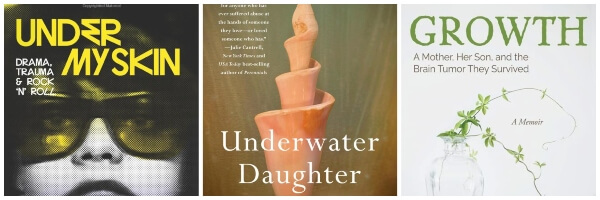
Some of the recent memoirs by women over 50 who are processing their own dramas and traumas.
Some of these memoirists are writing for the first time, while others like Elise Krentzel, who wrote Under My Skin: Drama, Trauma, and Rock ‘n Roll (Kumi Books), had an extensive writing background, covering music, food, arts, travel, and culture for more than 35 years. Krentzel’s timeline was a lot faster than others. Like Batchelder, she used the 2020 lockdown to her advantage—starting and finishing the book within a year.
I had to become objective enough to look through the lenses of humor and adventure.
Krentzel, who is planning on writing a memoir series, says, “My life is not one life. It is the cat that had and has 50 lives.” When people ask why it took so long to write the book, she says, “I had to become objective enough to look through the lenses of humor and adventure. It may have been harrowing at the time, but now the hardships make sense. I was able to write with detachment filled with emotion.”
“Younger memoirs often center around a single experience, like a special trip or a relationship. Older women writers have had time to think about what they want to say—about the story they want to tell,” says Allison K. Williams, author of Seven Drafts: Self-Edit Like a Pro and coach who helps writers get deals with Big Five publishing houses. “Very often they’re communicating something deep and powerful that they’ve spent years living. They know their story in their bones.”
“It’s liberating to be this age,” says Batchelder, who is 70. “I’m not raising kids and trying to work a career right now, and my passion is not to make myself a famous writer. My passion is to get my story out to people who can use it.”
Women Who Know Themselves
“I work with women who know themselves,” says Allison Lane of Allison Lane Literary, an editor and PR+marketing strategist who helps writers publish and market their work through book proposals, book launches and media pitches. “They are confident in their expertise and the value of the wisdom they offer. Usually these women are over 40, often over 50, and many times over 60. They have wisdom, insights, and stories that other people need. These women are not asking permission to share their message. They come to me because they recognize my certainty in their expertise, and they’re confident in mine.”
‘These women are not asking permission to share their message.’
Karen DeBonis, 64, from Albany, NY, also started working on her memoir, Growth: A Mother, Her Son, and the Brain Tumor They Survived (Apprentice House Press), years before the pandemic, but found lockdown conducive to writing her story.
DeBonis examines how being a people pleaser impacted her son Matthew, who at age 8 displayed some disturbing ticks, behavior changes, and difficulty at school. But, when she approached the medical community, she was ignored.
“I tried to push, and then when people pushed back, I backed away,” she says. Three years and many medical appointments later, Matthew was finally diagnosed with a brain tumor by a doctor who ordered an MRI.
Doctors told DeBonis that Matthew’s tumor wasn’t serious and he would bounce back after surgery. “I wish that was where the story ended,” she says.
It took a long time for her son to heal and recover. “The other thread that runs through the book is that motherhood took a greater toll on me than I ever suspected,” she says. “I think of my book as surviving motherhood.”
Finally Speaking Up
DeBonis isn’t the only one who dealt with issues of speaking up. Antonia Deignan was reserved until a devastating bike accident in 2018 when she was 55. She broke both arms—one a compound fracture in her elbow, the other one split her wrist in half.
“The accident blindsided me six ways from Sunday,” she says. Recovering from her injuries gave her time to think and write. “Writing became a daily habit, a daily need. The words fell into sequences, sentences, episodes. My childhood came pouring out of me.” Underwater Daughter (SheWrites Press) is the story of the parental abuse she suffered as a child and how she unearthed the woman she had longed to be: “Unafraid. Confident. Worthy. Free from blame. Allowed. Loveable.”
Read More: Love, Loss, and What I Gained: Delia Ephron’s New Memoir Feels, Yes, Like a Rom-Com


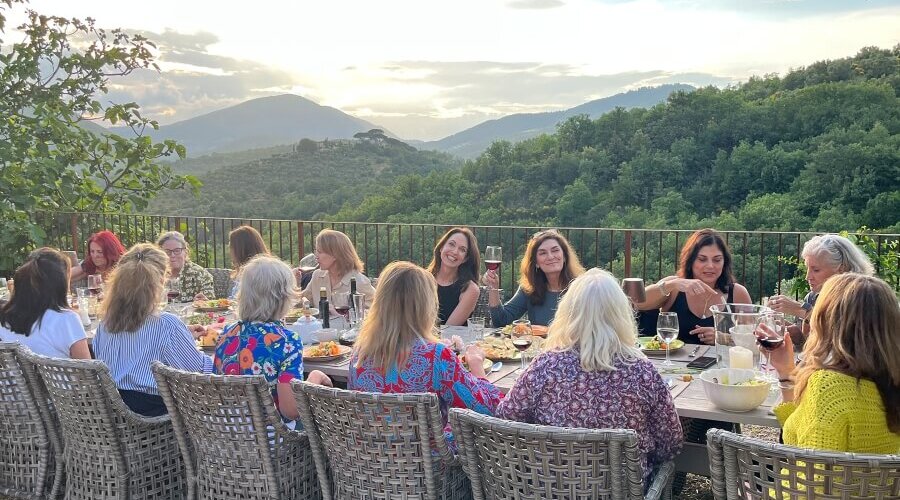
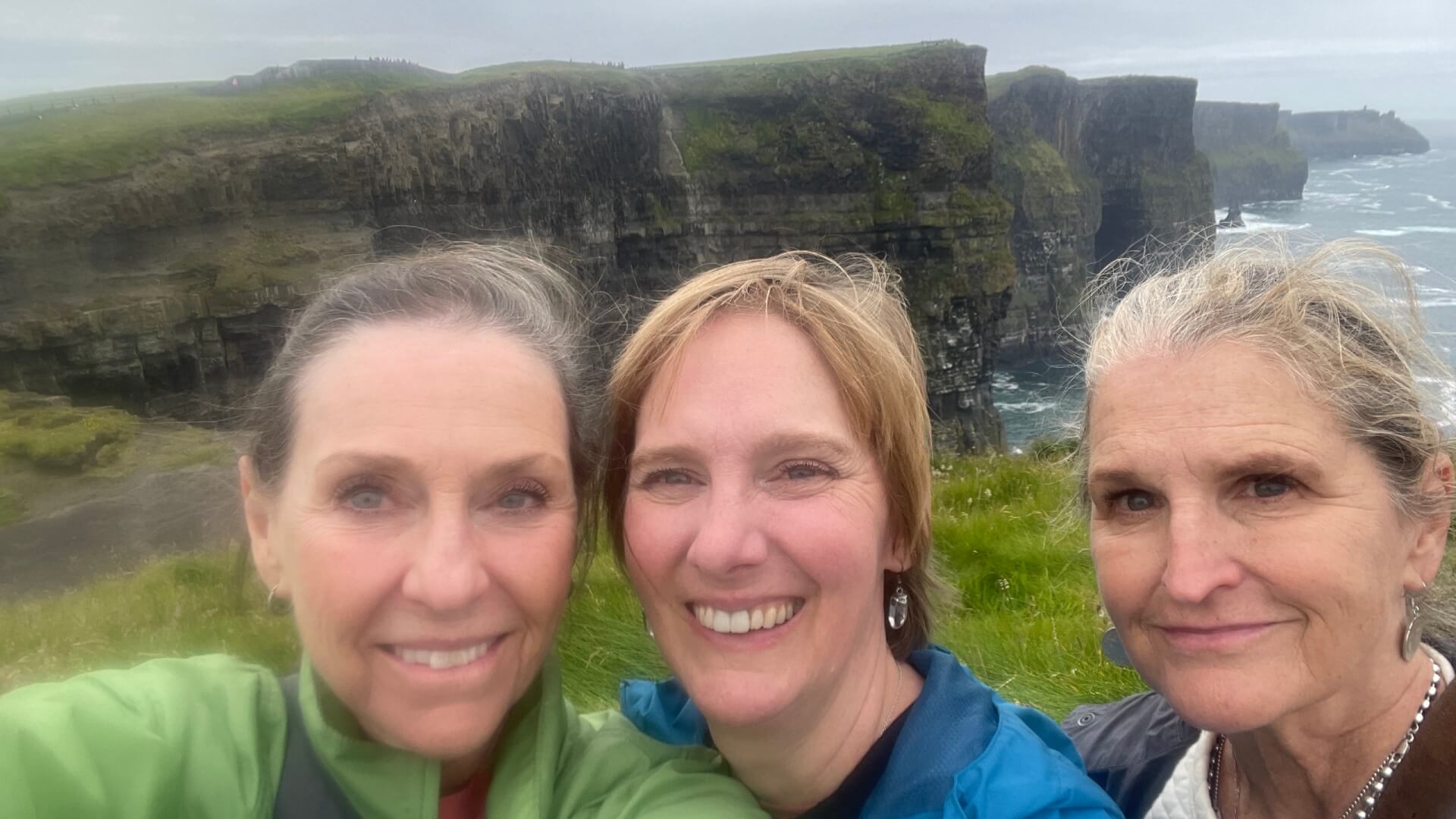
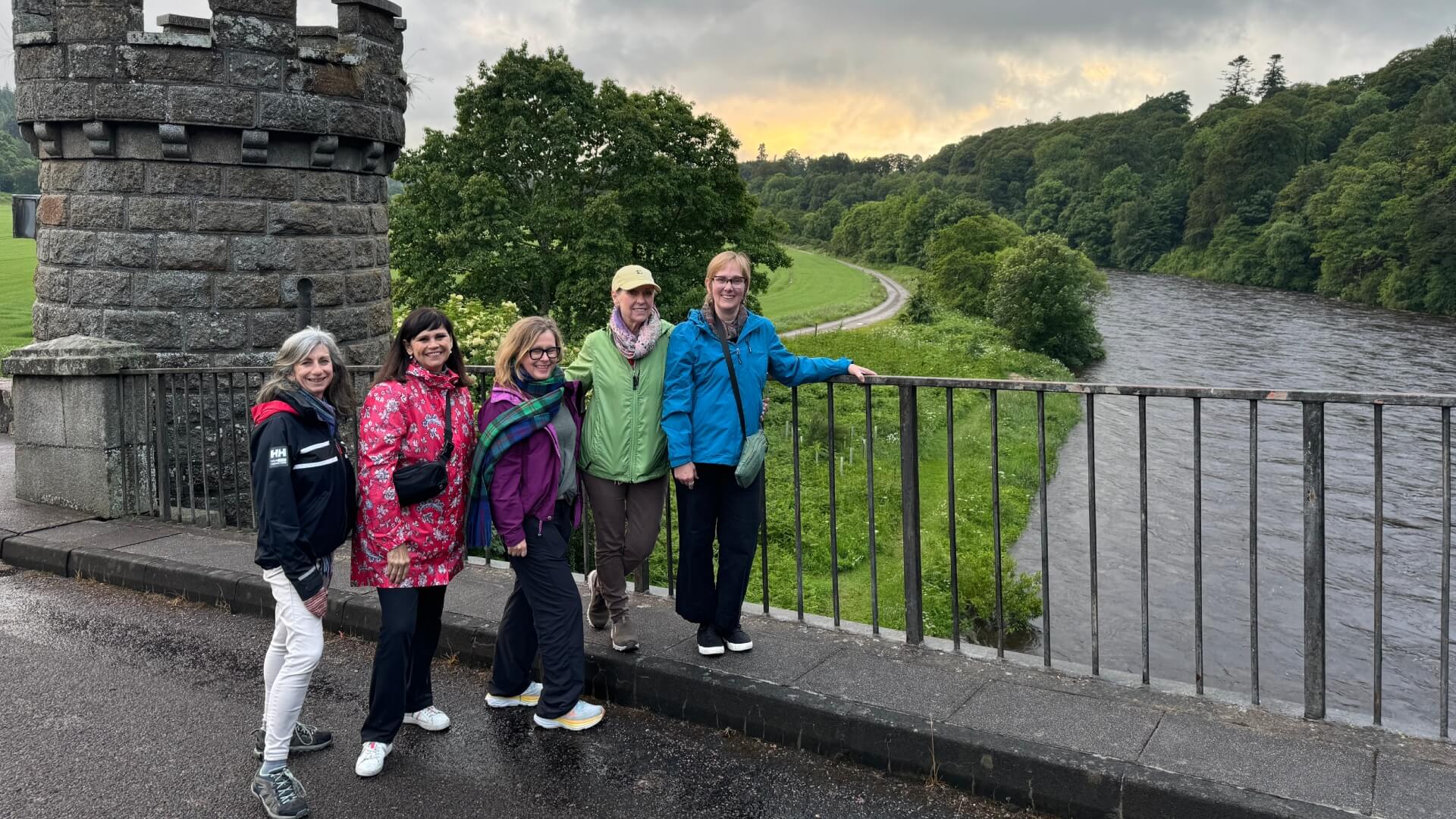




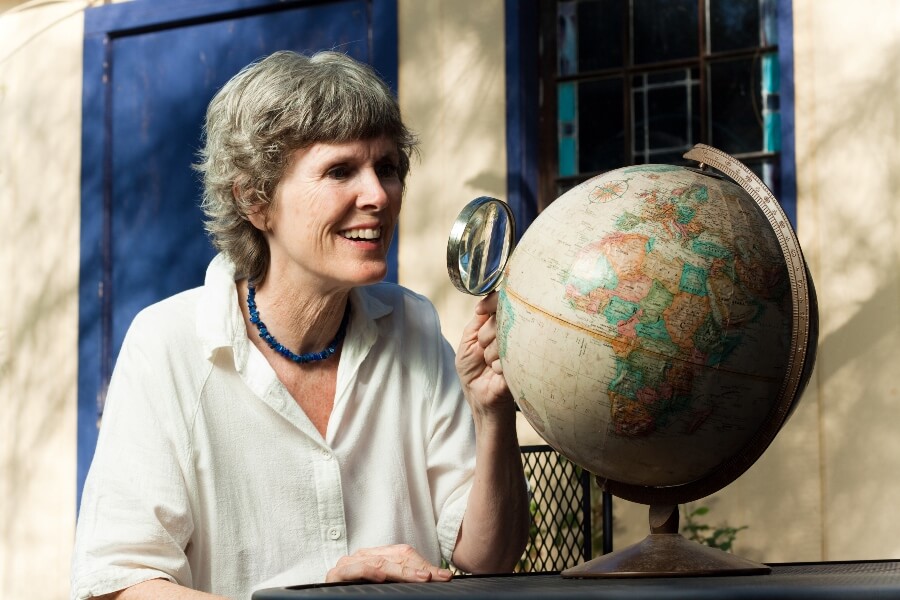
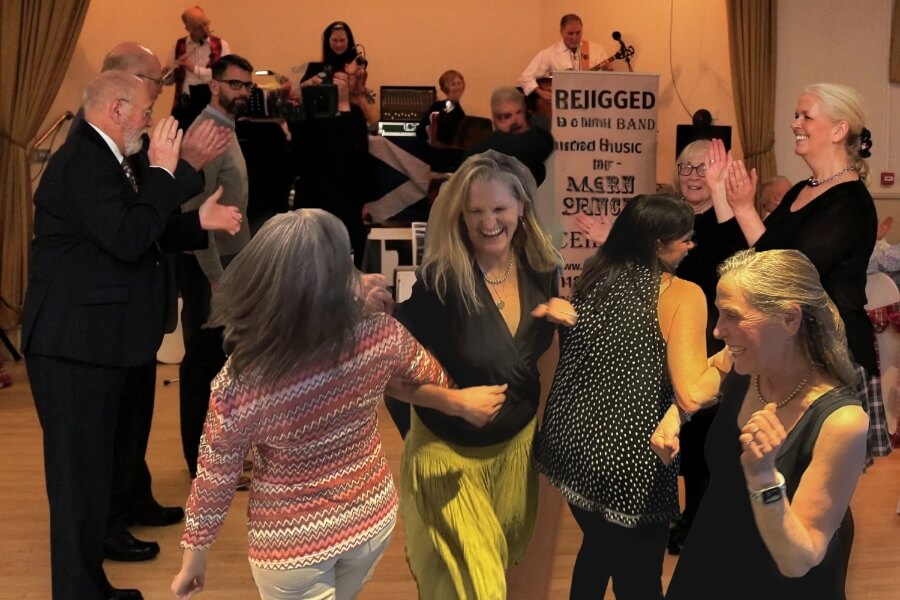

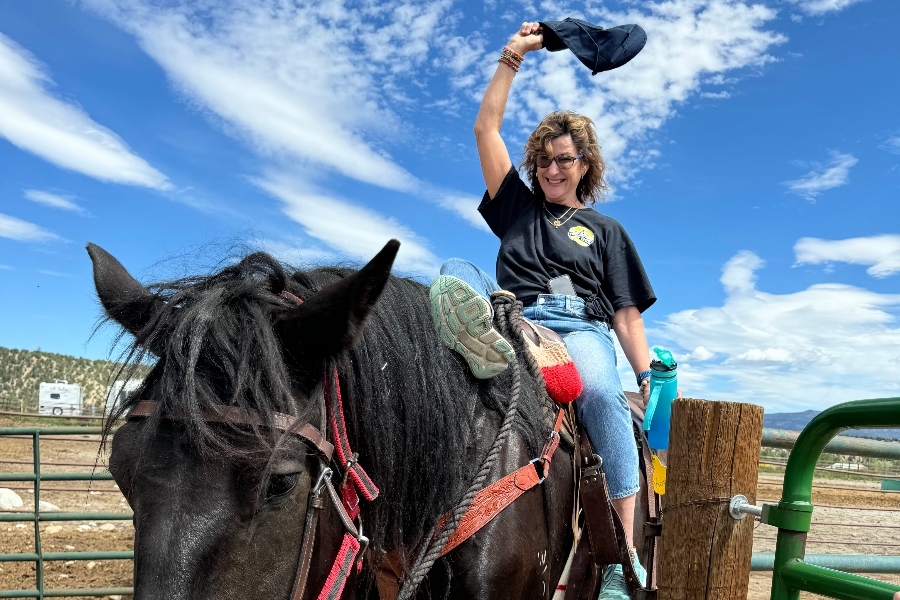



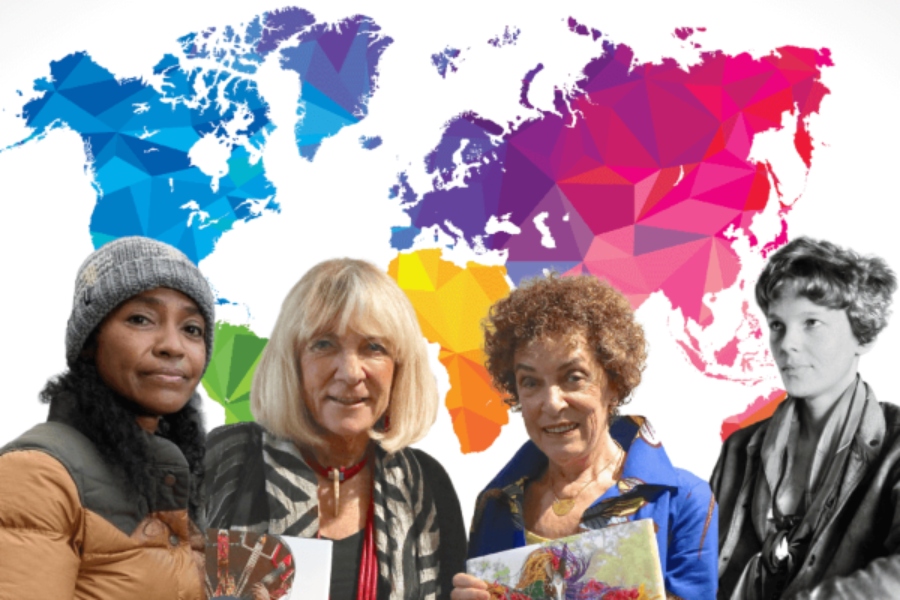
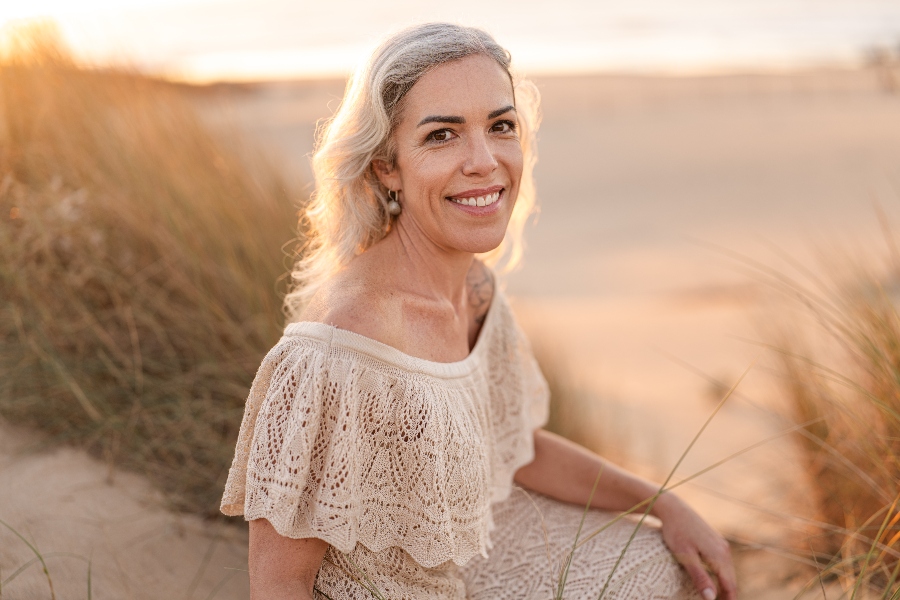

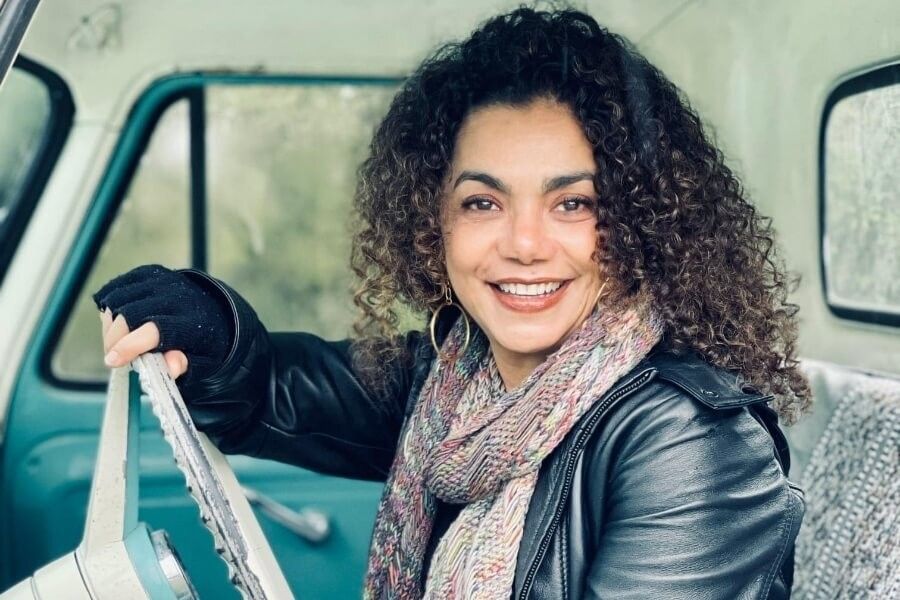
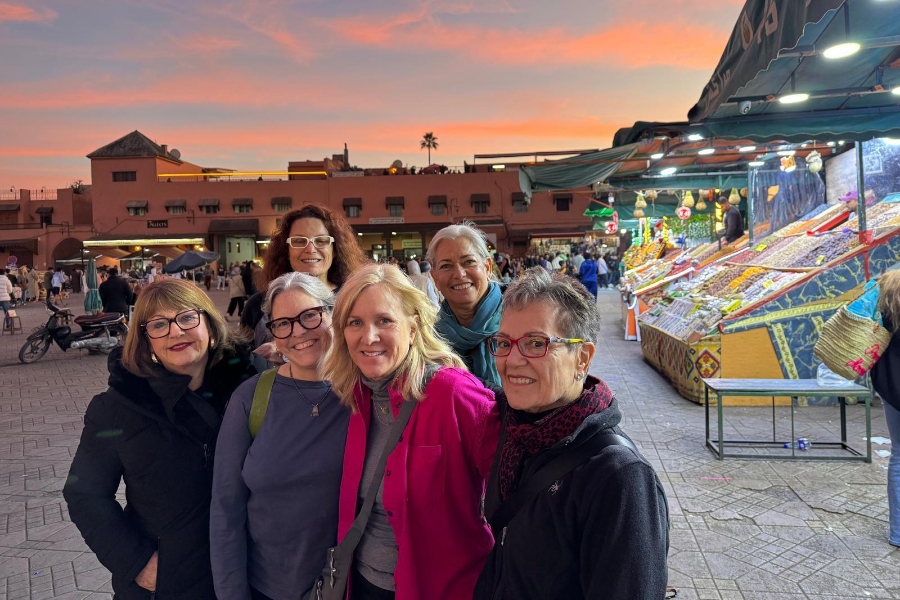
0 Comments